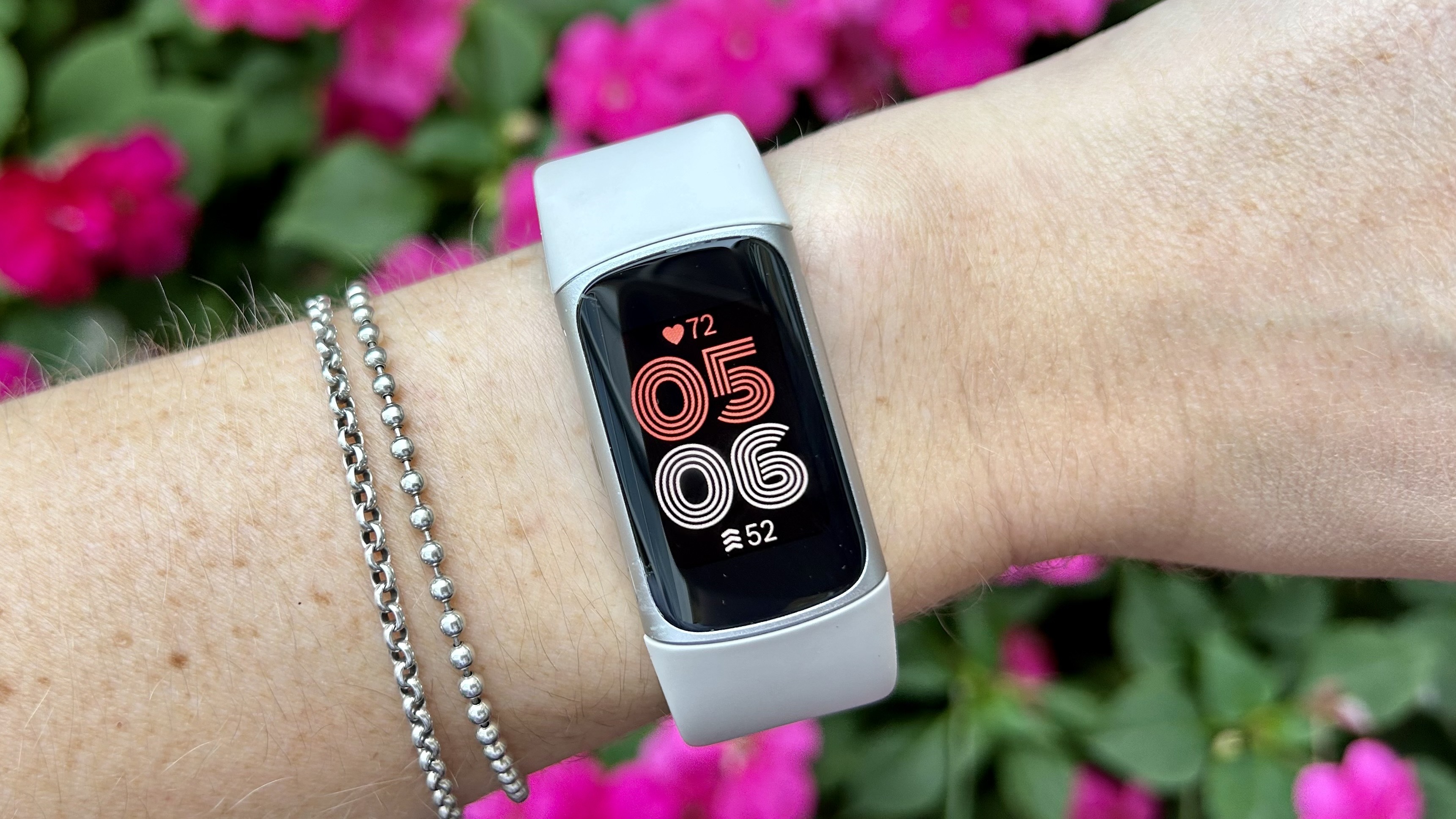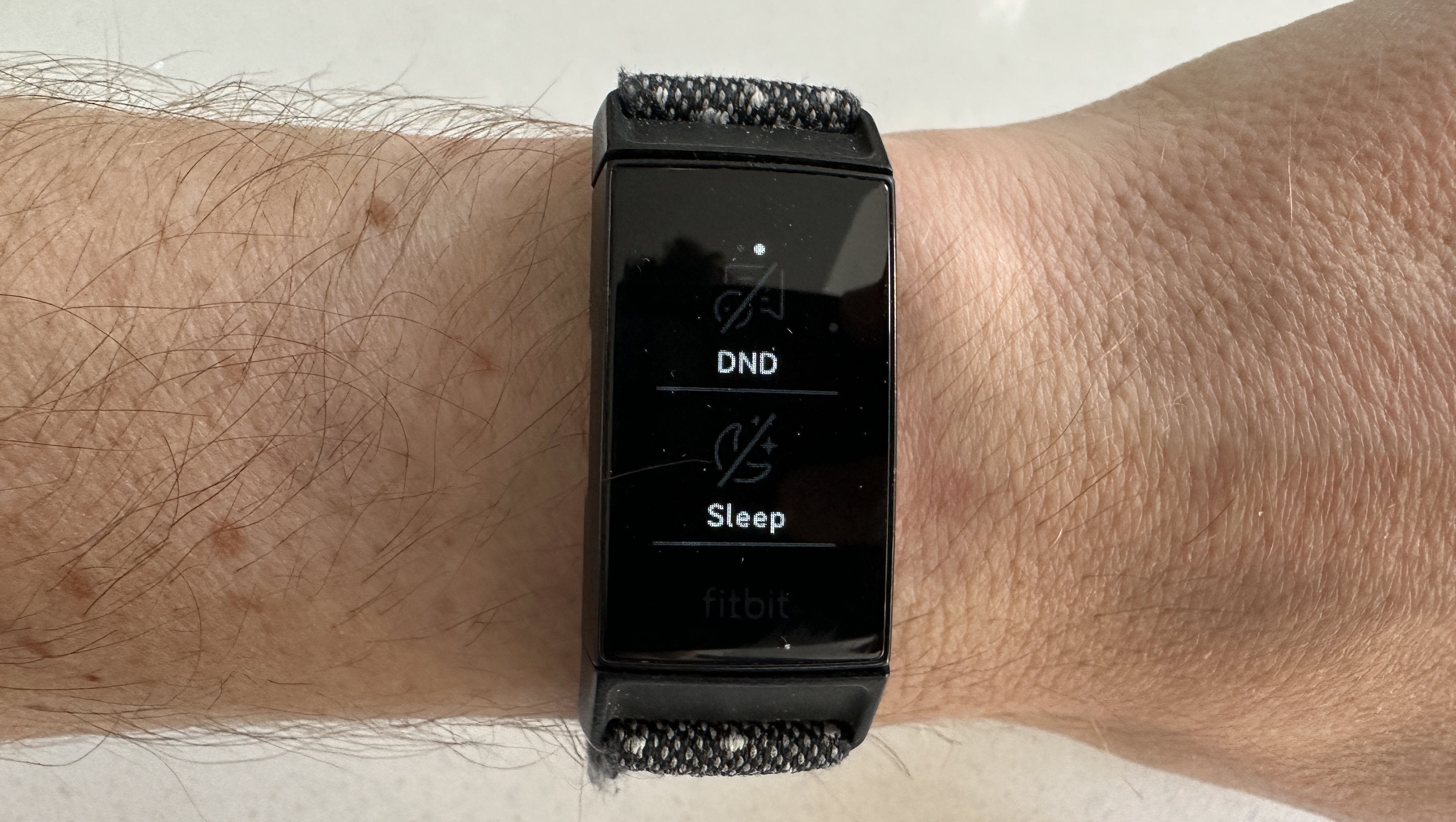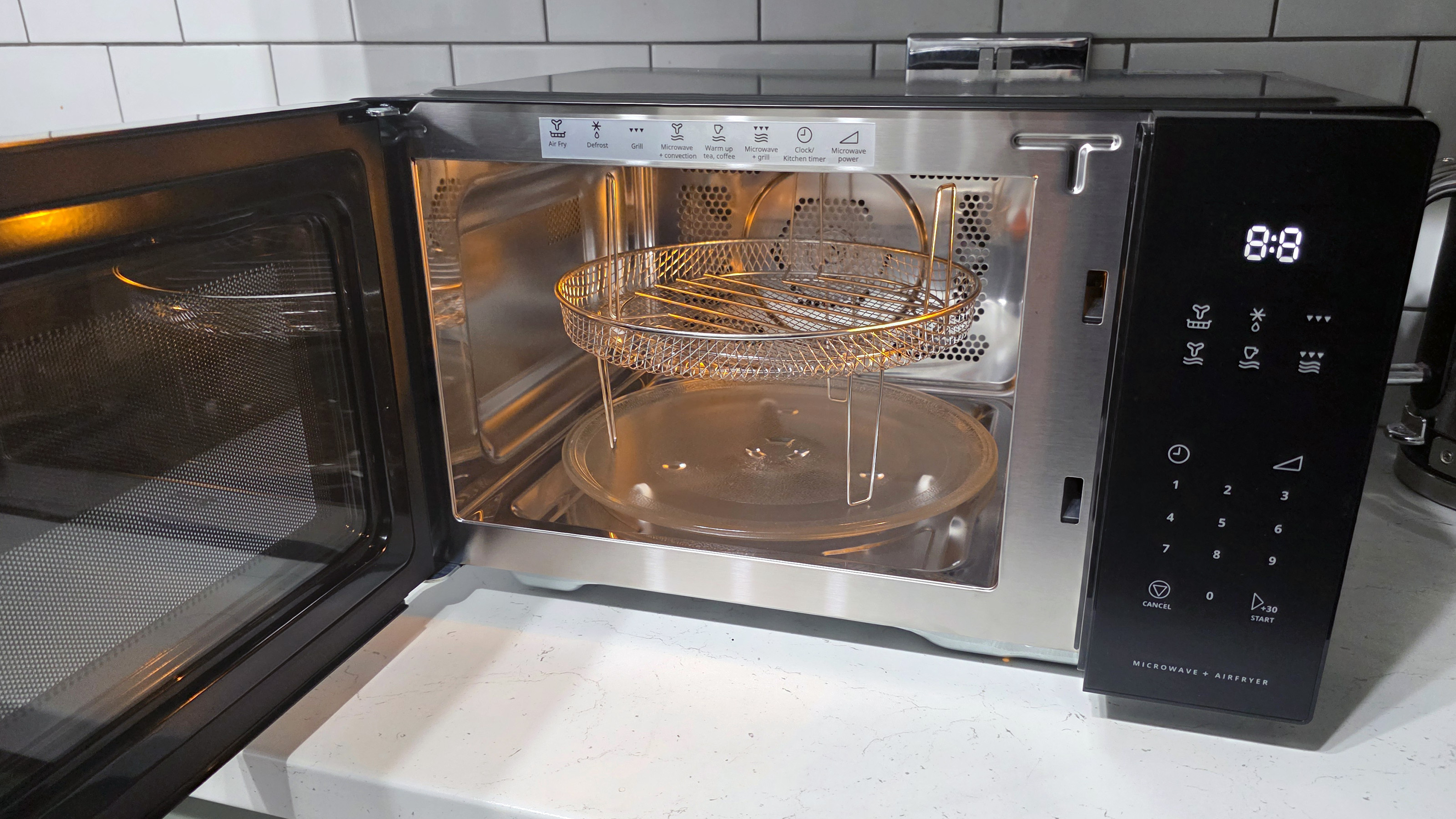Your Fitbit sleep score just got worse — here's why that's good news
It's supposed to be more accurate, but users aren't thrilled

Fitbit may be a brand that's far less at the forefront of people's minds since Google started killing off certain Fitbit features after acquiring the company for $2.1 billion in 2021.
But the fitness tracking company is far from dead. In fact, it just released a huge sleep tracking update that changes the way it scores your sleep.
And it turns out the changes are actually lowering user scores. It's by design, as the new changes are meant to be more accurate. In most cases, it appears that Fitbit was scoring too high previously, so the new metric is intended to level things out and bring the scores into a more accurate range.
But that doesn't mean users of the best Fitbits are happy about it.
What's happening with Fitbit's sleep tracking?

In a post by Fitbit on its Community website, the company said, "We've updated our tracking technology. This is to provide a more precise measurement of your sleep stages. Our goal is to always give you the clearest and most accurate view of your health.
"For example, you may see your awake time increase slightly as we now capture brief awakenings the old system missed. This is a normal part of sleep."
If the tracking is capturing more awake time during those brief periods, naturally, your sleep score will drop, too. And while it's easy to get upset that the score you're used to seeing is different, Fitbit also notes that this is a more accurate representation of your sleep.
Get instant access to breaking news, the hottest reviews, great deals and helpful tips.
"The sleep data you see now is a more accurate reflection of your night's rest. This more detailed data will help you better understand how your body is recovering each night," reads the post.
Apparently, this isn't the end of Fitbit's updates to sleep tracking. "This is the first step in a series of upcoming improvements to improving our sleep tracking — so stay tuned to hear about these changes as soon as they happen," reads the blog.
Some users have taken to the Fitbit Community forums to complain, which is probably what prompted the company to post its explanation. "After several weeks of nonsensical results, I got confirmation that they quietly changed the algorithm to add awake along with restless = 'New Awake' results dramatically increase and my sleep scores are now in the 60s & 70s," reads one user's complaints.
"Have you noticed a 10 to 20 point drop in your sleep score? If so, it’s related to the new algorithm they changed late June," explained another.
It'll be interesting to see what's next for Fitbit in the sleep tracking space. Users will eventually grow accustomed to the new scores, but for now, it's a little discouraging to see the sleep score they've worked so hard to achieve suddenly seem worse.
Follow Tom's Guide on Google News to get our up-to-date news, how-tos, and reviews in your feeds. Make sure to click the Follow button.
More from Tom's Guide
- Samsung Galaxy Fit3 vs Fitbit Inspire 3: Which budget fitness tracker should you buy?
- I tracked skiing with a $99 smartwatch — here’s how it compares to my $450 Garmin
- Under $100 smartwatch test: I walked 5,000 steps with the Amazfit Bip 5 vs Armitron Matrix — here’s the winner

Dave LeClair is the Senior News Editor for Tom's Guide, keeping his finger on the pulse of all things technology. He loves taking the complicated happenings in the tech world and explaining why they matter. Whether Apple is announcing the next big thing in the mobile space or a small startup advancing generative AI, Dave will apply his experience to help you figure out what's happening and why it's relevant to your life.
You must confirm your public display name before commenting
Please logout and then login again, you will then be prompted to enter your display name.
 Club Benefits
Club Benefits





